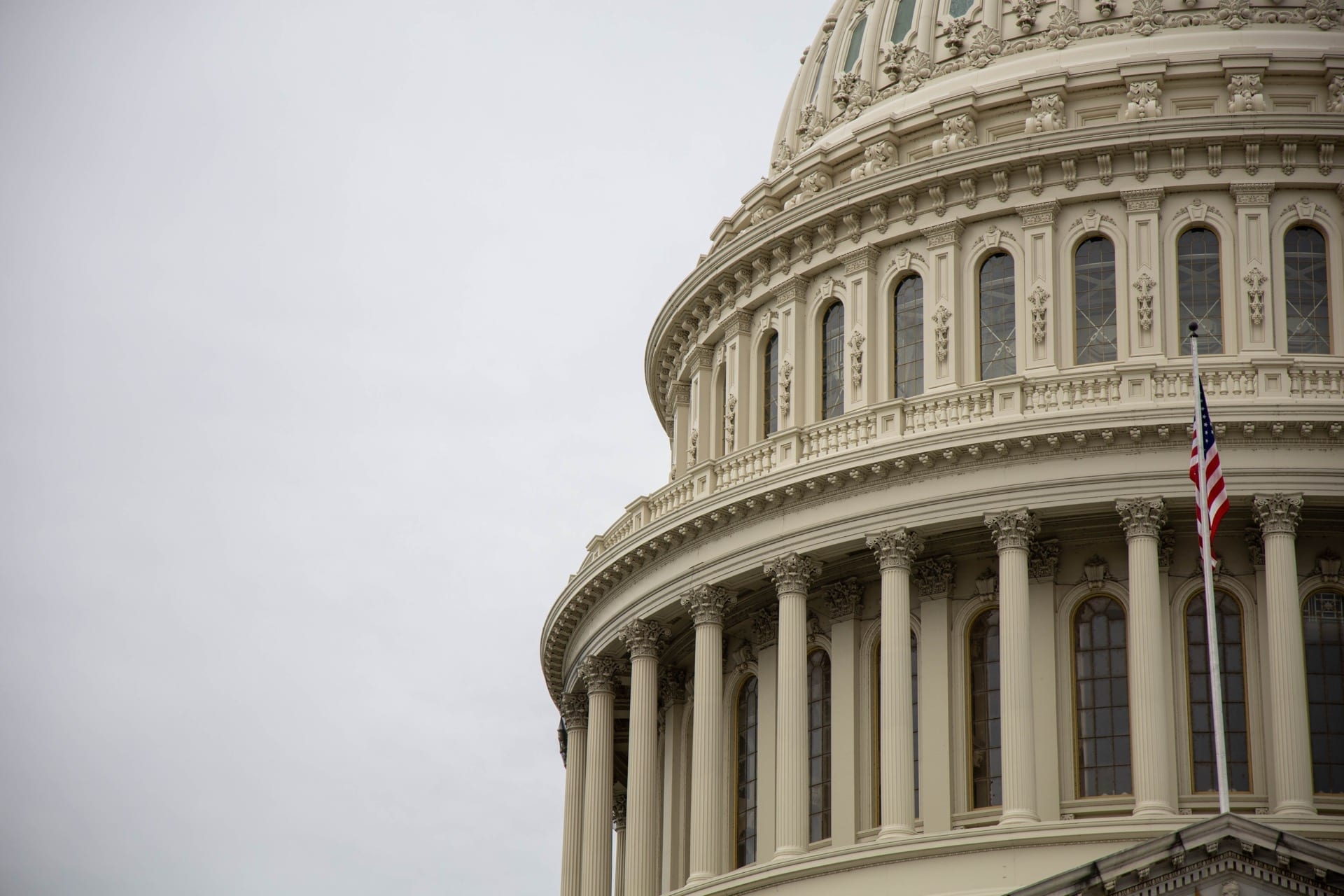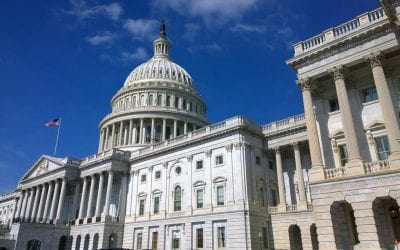As the two party conventions were starting, Donald Trump enjoyed about a 4-point advantage on the economy and that is what keeps him in the race to November.[1] According to a new Democracy Corps survey on behalf of the Roosevelt Institute, the election and the battle for the economy will remain gridlocked if Hillary Clinton continues to describe her economic approach and policies as “building on the progress” of President Obama.[2] But this survey also shows that when Clinton embraces a “Rewrite the Rules” framework, she bests Trump on the economy and moves into a real lead in the race.
It is tempting to run on a “Build on the Progress” economic framework. The public perception of the state of the macro-economy is very different from early 2010 when the economic recovery was just beginning. Today, four in ten voters have a favorable impression of the state of the economy, up 17 points from this point in the last presidential election cycle. Understandably, President Obama has been eager to speak about the improved macro-economic outlook since he took office and establish a positive economic legacy. That is the accepted context in which the Democratic nominee and surrogates have framed their economic offer.
But this upbeat economic message ignores both the public’s personal experiences in the economy, and the Roosevelt Institute’s Rewriting the Rules of the American Economy report released last spring. The economy is failing more and more people and, as Roosevelt’s Chief Economist Joseph Stiglitz makes clear, only a comprehensive policy agenda that rewrites the rules of the economy can create the shared prosperity and sustained growth undermined by trickle-down economics. The need for such an ambitious policy agenda to combat inequality has been echoed by leading economists, the Center for American Progress and the progressive community at large.
To be sure, Hillary Clinton and Senator Sanders both offered robust economic platforms that would alleviate economic inequality in the Democratic primary. But in order to pass a legislative agenda capable of making a real difference, the Democratic ticket must win on the economy and advance an economic framework that creates a mandate for reform. That begins at the top of the ticket with a winning economic message – one that convinces voters their leaders understand what has gone wrong with our economy and politics.
The public is hungry for politicians to internalize what they have known for some time and what Roosevelt has described in Rewriting the Rules: the rules of the economy have been written by the wealthy, corporate special interests and their allies in Washington so the economy works for them, not the middle class. This is the judgment they offer, without prompting, in focus group after focus group and in the numerous surveys Democracy Corps has conducted on Roosevelt’s behalf over the past year.
But leading into the party conventions, Democrats are on track to lose the debate over the economy with the public – even while leading in the race for the White House. Clinton and the Democrats enter this debate with a 6-point advantage in partisanship, yet they trail Donald Trump and the Republicans on who would do a better job on the economy and jobs.
This survey report shows that a “Rewrite the Rules” economic message – one that begins with a strong critique of the current economy, trickle down economics, the power of big money to make government work for them, and proposes a bold plan to rewrite the rules of the economy – is transformative.

[1] AP-GfK poll of 1,009 adults nationally, conducted July 7-11, 2016.
[2] Democracy Corps conduct this national phone survey of 900 likely 2016 voters from July 13-18, 2016 on behalf of the Roosevelt Institute. Respondents were selected from the national voter file and 67 percent of respondents were reached by cell phone, in order to account for ever-changing demographics and accurately sample the full electorate. Margin of error for the full sample = +/-3.27 percentage points at 95% confidence.



